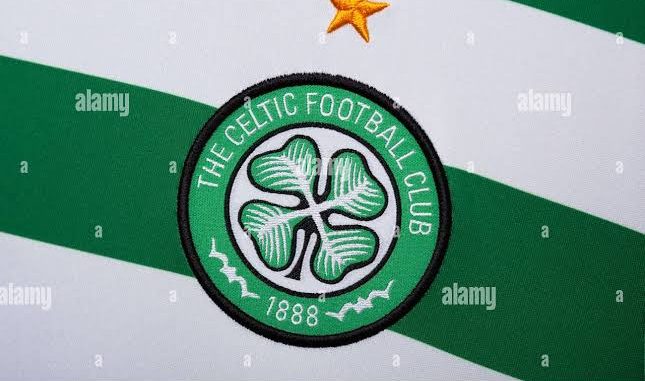
In the world of professional football, training sessions are meant to be a time for players to refine their skills, build team cohesion, and prepare for upcoming matches. However, they can also be a breeding ground for dangerous incidents, as illustrated by a recent disturbing occurrence involving Celtic Football Club captain Callum McGregor. During a routine training drill, McGregor suffered a severe head collision that sent shockwaves through the team and the broader football community.
As the session unfolded, players were engaged in an intense tactical exercise. The air was charged with competition and camaraderie, as players pushed themselves to their limits. Unfortunately, in the midst of this competitive spirit, an accidental collision occurred between McGregor and one of his teammates. The impact was jarring, leading to an immediate halt in the session as medical personnel rushed to McGregor’s side.
Reports from those on-site described a chilling scene as the captain lay on the ground, visibly dazed and disoriented. The coaching staff, along with the club’s medical team, took swift action to assess the severity of his condition. Concerns skyrocketed over the potential long-term implications of head injuries, especially given the growing awareness surrounding concussion protocols in professional sports. The incident starkly reminded everyone of the inherent risks players face on the field, not just during matches but also in training.
Upon receiving immediate medical attention, McGregor was carefully evaluated for signs of a concussion. Symptoms such as confusion, headache, and balance issues were closely monitored. The club’s medical team adhered to strict concussion guidelines, emphasizing the importance of player safety above all else. As the minutes ticked by, anxiety grew among teammates and coaching staff alike, amplifying worries over the durability and health of their captain—a pivotal figure both on and off the pitch.
As the incident unfolded, the club promptly took to social media to inform fans about McGregor’s condition, indicating that he was stable and undergoing further evaluation. Messages of support and concern poured in from fans and fellow players, highlighting the deep bond within the football community. The incident not only underscored the significance of player safety protocols but also ignited discussions about enhancing training practices to minimize the risk of collisions.
In the days following the collision, McGregor’s future in the upcoming matches remained uncertain. Celtic supporters held their breath, hoping for his swift recovery—both for his health and the team’s performance. McGregor’s leadership and experience on the field are invaluable, and his absence would be felt deeply.
This incident serves as a harrowing reminder of the fragility of athletes and the critical importance of prioritizing health and safety in the high-stakes environment of professional football. As discussions around concussion awareness continue to grow, the hope is that such disturbing occurrences will lead to improved practices that protect the wellbeing of players like Callum McGregor.
Leave a Reply